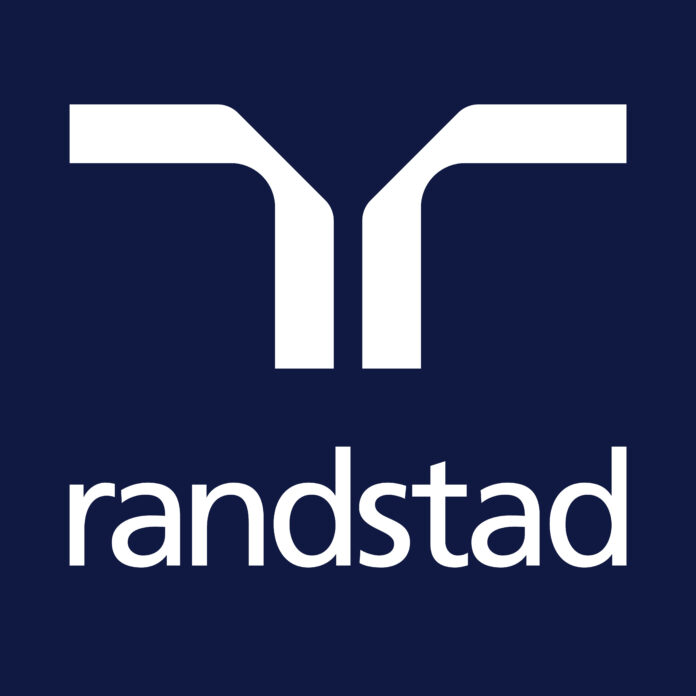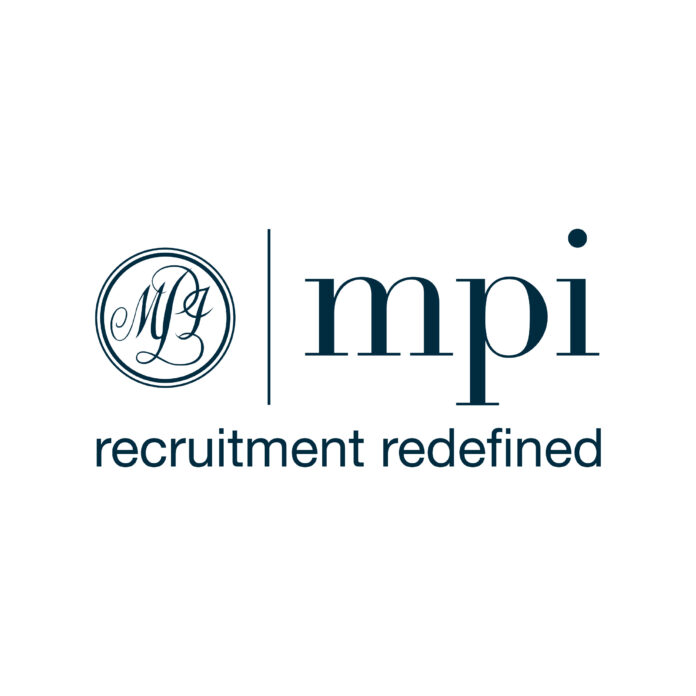Musculoskeletal disorders (MSDs) continue to be a significant challenge for the UK rail industry, remaining one of the primary reasons for sickness absence and occupational health referrals among its workforce.
During the Q2 2024/25 benchmarking meetings, Dr. Kirsten Huysamen, RSSB’s Lead Human Factors Specialist, presented initial findings from the latest MSD survey and facilitated a discussion on industry-wide experiences concerning these prevalent conditions.
Key findings from the survey indicate:
- 15.3% of all sickness absences were attributed to MSDs.
- 24.8% of occupational health referrals were MSD-related.
- Train operating companies experienced a higher proportion of MSD-related absences, while infrastructure and supply chain organisations saw more MSD-related referrals.
The discussions held during the meeting brought to light several persistent barriers to effectively managing MSD risks within the industry:
- Limited access to occupational health services for shift workers.
- Unclear and complex reporting processes.
- Inconsistent support provided by line managers.
While some organisations have trialled on-site physiotherapy, showing promising results, the report suggests that physiotherapy alone is not a sufficient solution.
A significant concern raised was that many MSD cases might be going unreported or being categorised under vague classifications such as ‘unknown’ or ‘other’. Factors contributing to this underreporting include fear of stigma, overly complex reporting procedures, and an overwhelming amount of information.
Suggestions put forward to improve this situation included:
- Enhanced training for line managers.
- Simplification of reporting systems.
- Clearer and more concise communication channels.
The full MSD survey report provides comprehensive detail on trends, identified risks, and the support needs of the workforce. The RSSB emphasizes that collaborative efforts across the entire rail industry will be crucial in improving overall health outcomes and fostering a stronger, more resilient workforce for the future.




